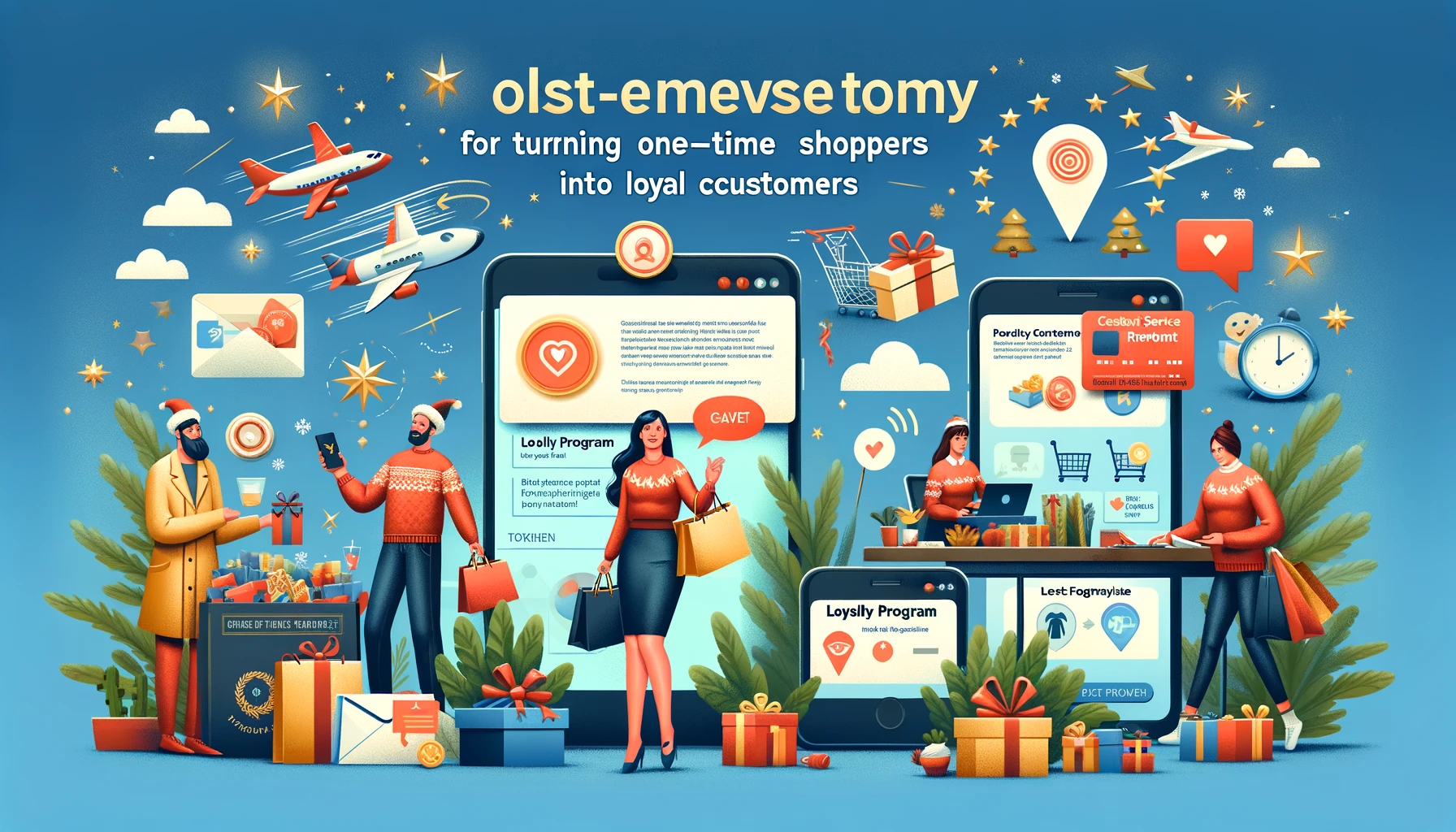1. Establishing Credibility and Trust
A professionally designed website establishes credibility and builds trust with potential customers. When people search for a product or service, they often start with an online search. If your business doesn’t have a website, you risk losing credibility and potential customers to competitors who do.
Benefits of Establishing Credibility:
- Professional Appearance: A well-designed website presents your business as professional and reliable.
- Customer Testimonials: Featuring reviews and testimonials can build trust with new customers.
- Contact Information: Providing clear contact details shows that you are accessible and trustworthy.
A website acts as a digital storefront, allowing you to showcase your brand’s personality and unique value proposition. This helps potential customers differentiate your business from competitors and builds a sense of trust. A professional website with high-quality content and a user-friendly design reflects positively on your brand, making it more likely that visitors will become paying customers.
2. Increasing Visibility and Reach
A website extends your business’s reach far beyond your local area. With the internet, you can attract customers from around the world. Your website acts as a 24/7 storefront that is always open, allowing potential customers to find information about your products and services at any time.
Ways a Website Increases Visibility:
- Search Engine Optimization (SEO): Optimizing your website for search engines helps you rank higher in search results, driving organic traffic.
- Global Audience: The internet breaks geographical barriers, allowing you to reach a global audience.
- Online Advertising: You can leverage online advertising strategies like Google Ads and social media marketing to increase your website’s visibility.
By optimizing your website for search engines, you can improve your ranking on search engine results pages (SERPs), making it easier for potential customers to find you. This increased visibility can lead to more traffic, higher brand awareness, and ultimately, more sales. Additionally, online advertising allows you to target specific demographics and reach potential customers who are most likely to be interested in your products or services.
3. Enhancing Customer Engagement
A website offers numerous ways to engage with your customers. From blog posts and articles to interactive features like live chat and forums, a website can provide valuable information and foster a sense of community around your brand.
Enhancing Customer Engagement Through:
- Content Marketing: Regularly updated blogs and articles can provide valuable information to your audience.
- Interactive Features: Live chat, comment sections, and forums allow for real-time interaction with customers.
- Email Marketing: Collecting email addresses through your website enables you to send newsletters and promotional offers directly to your audience.
Engaging content such as blogs, videos, and infographics can keep visitors on your site longer and encourage them to return. Interactive features like live chat provide immediate assistance to visitors, enhancing their experience and increasing the likelihood of conversions. Email marketing campaigns can keep your audience informed about new products, special offers, and company news, fostering long-term relationships with customers.
4. Showcasing Products and Services
A website is an ideal platform to showcase your products and services. With high-quality images, detailed descriptions, and customer reviews, you can provide potential customers with all the information they need to make informed purchasing decisions.
Showcasing Effectively:
- Product Pages: Detailed product pages with images, descriptions, and specifications.
- Service Descriptions: Clear explanations of the services you offer and their benefits.
- Customer Reviews: Displaying reviews and ratings to build trust and provide social proof.
High-quality images and detailed descriptions help potential customers understand the features and benefits of your products or services. Customer reviews and testimonials provide social proof, which can influence purchasing decisions and build trust. Additionally, showcasing your products and services on your website allows you to highlight any unique selling points and differentiate your business from competitors.
5. Competing with Industry Leaders
Having a website levels the playing field, allowing small businesses to compete with industry leaders. A well-optimized website can rank alongside larger competitors in search results, giving smaller businesses a chance to attract the same audience.
Competing Strategies:
- SEO Best Practices: Implementing SEO strategies to rank higher in search engine results.
- Unique Value Proposition: Highlighting what sets your business apart from competitors.
- Professional Design: Investing in a professional and user-friendly website design.
By implementing effective SEO strategies, small businesses can improve their search engine rankings and attract more organic traffic. Highlighting your unique value proposition and differentiating your brand from competitors can help you stand out in a crowded market. A professional and user-friendly website design enhances the user experience and can make a lasting impression on potential customers.
6. Improving Customer Service
A website can significantly improve your customer service by providing answers to common questions and offering support options. Features like FAQs, knowledge bases, and live chat can reduce the burden on your customer service team and enhance the customer experience.
Improving Customer Service Through:
- FAQs: A dedicated FAQ section that addresses common customer queries.
- Knowledge Base: Comprehensive guides and tutorials on using your products or services.
- Live Chat: Offering real-time assistance to website visitors through live chat.
Providing readily available information through FAQs and knowledge bases can help customers find answers to their questions quickly, reducing the need for direct support. Live chat features allow you to offer real-time assistance, improving customer satisfaction and increasing the likelihood of conversions. A website can also offer support through contact forms, email addresses, and phone numbers, ensuring that customers can reach you through their preferred method of communication.
7. Collecting Customer Insights
A website provides valuable data about your customers’ behavior and preferences. Tools like Google Analytics can track how visitors interact with your site, what pages they visit, and how long they stay. This data can inform your marketing strategies and help you tailor your offerings to meet customer needs.
Using Data Insights:
- Behavioral Analysis: Understanding how customers interact with your site.
- Conversion Tracking: Identifying which pages and products drive the most conversions.
- Audience Demographics: Gaining insights into the demographics of your website visitors.
By analyzing customer behavior and preferences, you can gain valuable insights into what works and what doesn’t on your website. This information can help you optimize your site for better performance, improve your marketing strategies, and tailor your offerings to meet the needs of your audience. Understanding your audience demographics can also help you create targeted marketing campaigns that resonate with your customers.
8. Facilitating Online Sales
For businesses that sell products, having an e-commerce-enabled website is essential. It allows you to reach a broader audience and generate sales around the clock. Online stores can be customized to offer a seamless shopping experience, from product selection to checkout.
Facilitating Sales Through:
- E-Commerce Integration: Setting up an online store with a secure payment gateway.
- User-Friendly Design: Ensuring the shopping experience is intuitive and straightforward.
- Promotional Offers: Using your website to promote sales, discounts, and special offers.
An e-commerce-enabled website allows you to sell products and services directly to customers, providing a convenient shopping experience. Secure payment gateways ensure that transactions are safe and reliable, building trust with customers. User-friendly design and navigation make it easy for customers to find what they’re looking for and complete their purchases. Promotional offers and discounts can be highlighted on your website to attract new customers and encourage repeat business.
9. Building Brand Awareness
A website is a powerful tool for building and reinforcing your brand. Through consistent branding elements such as logos, colors, and messaging, you can create a strong brand identity that resonates with your audience.
Building Brand Awareness:
- Consistent Branding: Using consistent colors, fonts, and logos across your website.
- Compelling Content: Creating content that reflects your brand’s voice and values.
- Social Media Integration: Linking your website to your social media profiles to create a cohesive brand presence.
Consistent branding across your website helps to establish a strong brand identity and makes your business more recognizable. Compelling content that reflects your brand’s voice and values can engage your audience and build a loyal following. Integrating your website with your social media profiles allows you to create a cohesive online presence, making it easier for customers to connect with your brand across different platforms.
10. Keeping Up with Competitors
In today’s competitive market, not having a website puts you at a significant disadvantage. Most of your competitors likely have an online presence, and potential customers may choose them over you simply because they can find more information online.
Staying Competitive:
- Market Research: Keeping an eye on competitors’ websites to understand their strategies.
- Innovative Features: Continuously updating your website with new features and content.
- Customer Feedback: Using feedback from your website to improve your products and services.
By keeping up with competitors and regularly updating your website with new features and content, you can stay ahead in the market. Market research helps you understand your competitors’ strategies and identify areas where you can improve. Customer feedback provides valuable insights into what works and what doesn’t, allowing you to make data-driven decisions to enhance your offerings.
Additional Benefits
Beyond the primary reasons mentioned above, there are several additional benefits to having a website for your business. These include enhancing your business’s professional image, providing a platform for customer feedback, and offering a central hub for all your marketing efforts.
Additional Benefits:
- Professional Image: A well-designed website enhances your business’s professional image.
- Customer Feedback: Providing a platform





